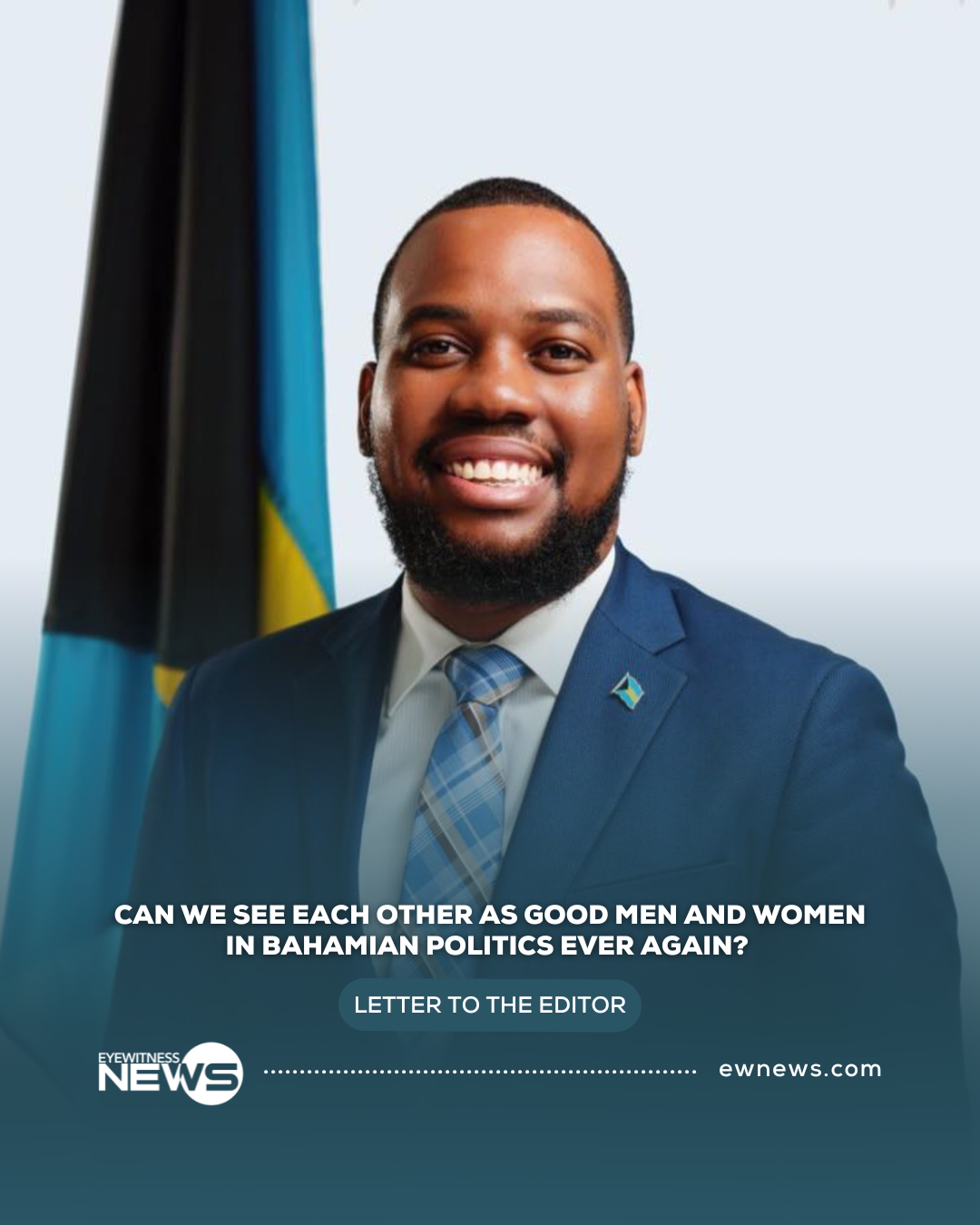Dear Editor
“The Chief is a thief!”
That was the chant hurled in the 1980s at Sir Lynden Pindling, the man who brought independence to his people, the man who lifted the Bahamian flag for the first time in 1973. To some, he was a father of the nation. To others, he became a target of derision and accusation. The scene was a bitter paradox: a leader who embodied liberation, reduced to a slogan that equated him with common criminality.
That moment should haunt us, because it was not only about Pindling. It was about us. It was the birth of something darker in our politics: the idea that an opponent is not merely wrong, but corrupt; not merely misguided, but wicked. From that point onward, Bahamian politics was no longer just about ideas or policies. It was about shame, about humiliation, about destroying the very dignity of the person across the aisle.
Since then, the history has been written in episode after episode. Hubert Ingraham and Dame Marguerite Pindling trading personal barbs that cut deeper than political critique. Perry Christie, pushed past composure, flipping his middle finger in a moment replayed endlessly as proof of rot in public life. Hubert Minnis presiding over a pandemic in which every act of governance was cast as cruelty, while he and his allies accused the political success of his opponents as the life and death of Bahamians. And today, the same old slogans recycled against Philip “Brave” Davis, proving that in our tribal warfare, nothing ever dies, it only mutates.
Even the honest work of law has been dragged into this pit. Brave Davis, a man who built his career by practicing law with diligence and skill, saw his professional integrity twisted into political lies. There was a time when whispers spread that he could not even travel, as though the courtroom victories of a hardworking lawyer were proof of some hidden corruption. In truth, nothing more sinister was at play than the ordinary service of a Bahamian attorney. Yet in our climate, hard work became slander, reputation became rumor, and truth was buried under the convenience of a damaging narrative.
If the rhetoric is corrosive, the weaponization of justice is worse. Frank Smith, acquitted because the very ministers who should have stayed far from the case entangled themselves in witness matters. Kenred Dorsett, forced into Fox Hill overnight, his bail delayed not for legal necessity but for ritual humiliation. These were not just political missteps. They were moral failures. They sent a message to the country: we will not only oppose you, we will disgrace you.
And so we arrive at a place where Bahamians no longer see their leaders, even the ones they dislike, as potentially decent men and women. Instead, we see villains and thieves, liars and crooks. We sneer at their names, coin nicknames designed to stick like scars, circulate slogans meant to erase their humanity.
The danger is profound. Once you believe your opponent is irredeemably corrupt, you no longer treat them with fairness. You no longer think justice should be blind. You accept the humiliation of a political adversary as entertainment. And in that acceptance, we all become smaller than the ideals we inherited in 1973.
The question that stares us in the face is terrifying in its simplicity: can we ever see each other as good men and women in Bahamian politics again?
If we cannot, our democracy will collapse into cruelty. Elections will become less about choosing a vision and more about deciding whose turn it is to wield shame as a weapon. Our brightest young people will avoid politics altogether, unwilling to sacrifice their dignity in a game designed to destroy. The public square will empty of hope, filled only with those hardened enough to play by the ugliest rules.
But if we can, if we choose to resist the tribal chant, if we dare to imagine that an opponent can still be a decent Bahamian who loves this country, then we might rediscover something noble. We might recall that independence itself was born from leaders who believed they were serving more than their party. We might remember that politics, at its best, is not about humiliating enemies but about governing neighbors.
The Chief was called a thief. Brave Davis was called a man who could not travel. Each slander tells us less about the men themselves than about who we are becoming. The question is whether, forty years later, we will allow these distortions to define us forever or whether we will summon the courage to believe again in the possibility of good men and women, even on the other side of the aisle.






